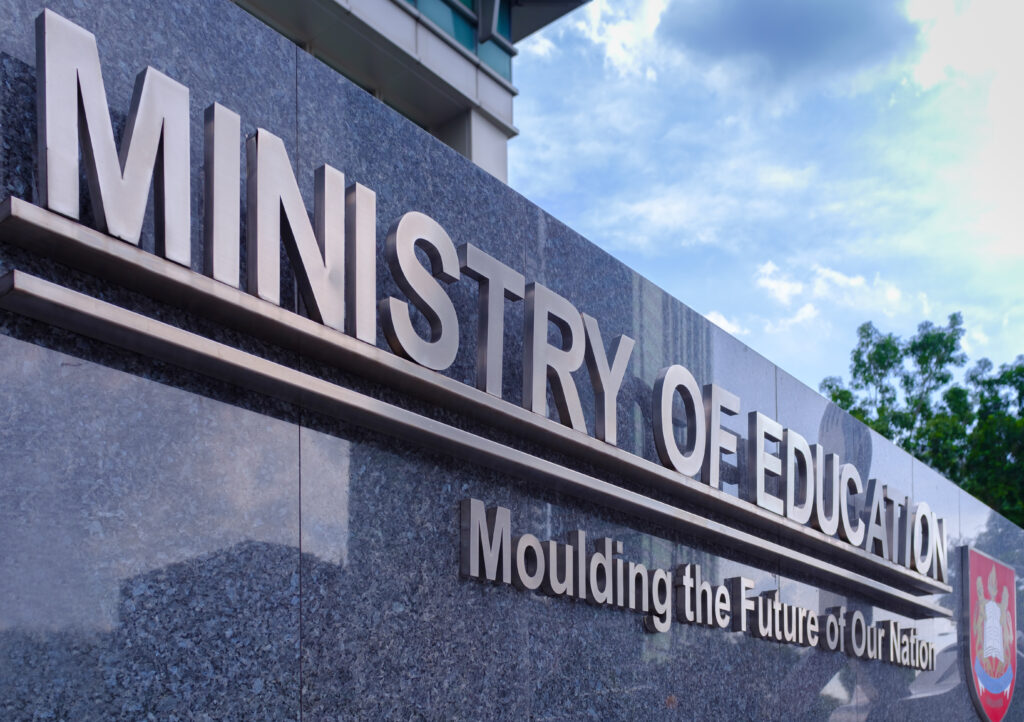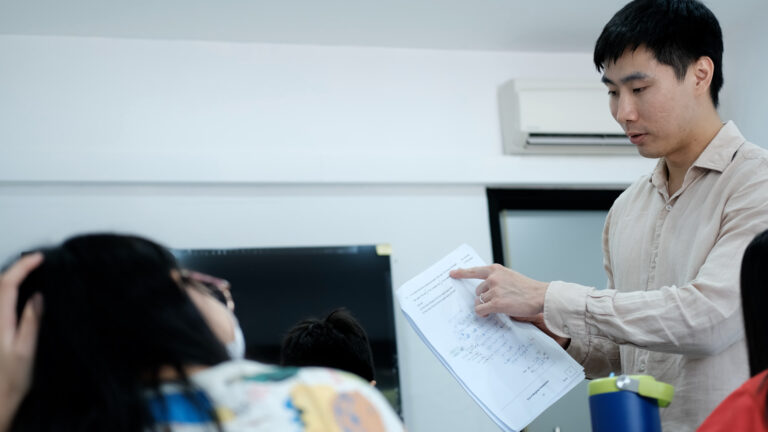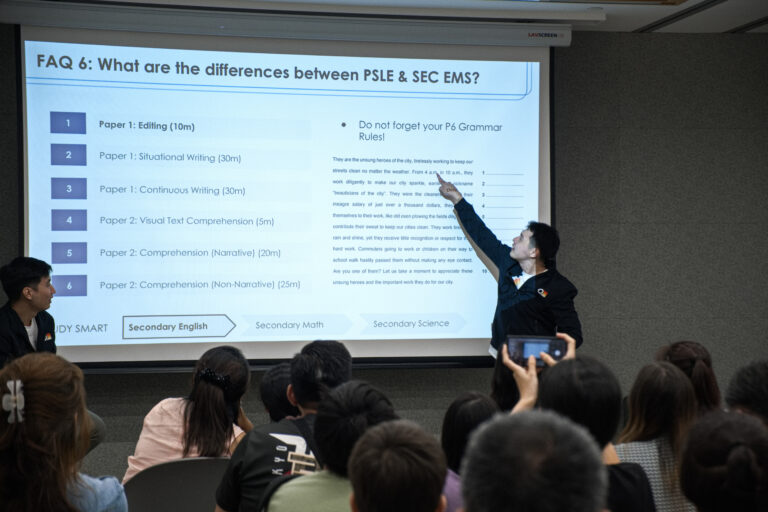Have you ever wondered what sets your child on the path to success? Is it just the school they attend, the grades they achieve, or the dreams they hold close to their hearts? While these are undoubtedly important, there’s a hidden key to unlocking your child’s true potential, one that often goes unnoticed amidst the bustling journey of parenthood. It’s the power of collaboration between parents and teachers.
In this article, we’ll delve into the art of collaboration between parents and teachers. We’ll explore practical strategies to strengthen this partnership, to ensure that your child’s educational journey is not just a solitary walk but a collective, enriching adventure. Join us as we unlock the hidden key to your child’s academic success, one that lies within the harmonious bond between you, the parent, and the teacher, the guiding light in your child’s educational voyage.
MOE’s Stance

Enter the National Parenting Framework, a visionary initiative developed by the Families for Life Council and the Ministry of Education (MOE). This framework serves as a clarion call to parents and schools alike, urging them to join hands in nurturing not just academic prowess but also character and life skills in our children. It’s a call to action that resonates deeply with the values we hold dear as parents.
One of the tangible outcomes of this framework is the establishment of Parent Support Groups (PSGs) within schools. These PSGs provide platforms for parents to actively engage with teachers, creating a dynamic ecosystem of support for our students. It’s not just about attending parent-teacher meetings; it’s about forging meaningful connections, sharing insights, and collaboratively shaping the educational journey of our children.
But that’s not all. The MOE goes the extra mile to ensure that the bonds between parents and schools are continually strengthened. They organize an array of family engagement initiatives, including Learning Journeys and Parent Engagement Workshops. These initiatives serve as vital bridges, connecting parents and teachers in a shared mission to nurture the next generation.
Why this steadfast focus on partnership, you may wonder? The answer is crystal clear, as articulated in the MOE’s Parent Kit: “When parents and teachers work together, students tend to succeed not just academically but in other areas.” Research consistently underscores the profound impact of a strong parent-teacher partnership on a child’s educational journey.
Children whose parents collaborate closely with teachers tend to achieve better grades, complete homework more consistently, and exhibit improved behavior. This alignment of parenting practices with teacher guidance ensures that children receive consistent messages and expectations, both at home and in school. It creates a cohesive environment where the values and lessons taught at school seamlessly extend to the home front.
Teach Less, Learn More and Student-Centric Teaching

Additionally, parent-teacher collaboration supports key national education policies like Teach Less, Learn More and Student-Centric Teaching. These aren’t just lofty ideals; they are tangible policies and principles driving Singapore’s education system forward. They represent a commitment to ensuring that every child receives not only a quality education but also an education that empowers them to become critical thinkers, problem solvers, and lifelong learners. Parents who understand the school’s approach can reinforce the same skills and mindsets at home. Regular communication allows parents to get timely feedback on their child’s progress and customise their support accordingly.
Of course, differing expectations can hamper collaboration. Some parents may hesitate to engage teachers seen as authority figures. Others may lack time due to hectic work schedules. But these challenges are surmountable. Simple practices like starting conversations openly, using bridging services for non-English speaking parents, and scheduling meetings ahead of time can facilitate meaningful partnerships between parents and teachers.These challenges are not insurmountable.
The education of our children is a shared voyage, one where parents, teachers, and policymakers all play pivotal roles. The guiding principles of “Teach Less, Learn More” and “Student-Centric Teaching” beckon us towards a vision of education that transcends rote learning and places our children’s holistic growth at the forefront. It is within the crucible of parent-teacher collaboration that this vision finds its truest expression, where classroom lessons extend into the heart of our homes. Challenges and differing perspectives may arise, but these are opportunities for growth, bridges that we can build with open dialogue, proactive engagement, and a mutual dedication to our children’s success. The stories of triumph that emerge from such collaborations are testament to the profound impact of our collective efforts. Our children’s educational journeys are too important to be left to chance; together, as a united front, we can empower the next generation to achieve their fullest potential.
At Think Teach Academy, we are strong believers that a strong partnership with parents is crucial for a child’s academic success. This is why we send parents a twice yearly Student Progress Report that details our students’ results in our assessments and qualitative remarks on areas for improvement. In addition, all our teachers are contactable via email to communicate frequently with parents to exchange school information, additional practices targeted at students’ weak areas, and offer advice. The close partnership with parents has been a cornerstone of the success behind countless students who have passed through the gates of Think Teach Academy.
This article was proudly written for you by the Think Teach Team. Every year, we impact over a thousand students and empower them with our smart techniques to achieve exam excellence in their school exams as well as the PSLE. We want your child to be our next success story!


